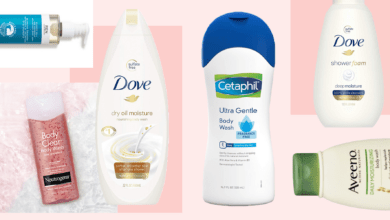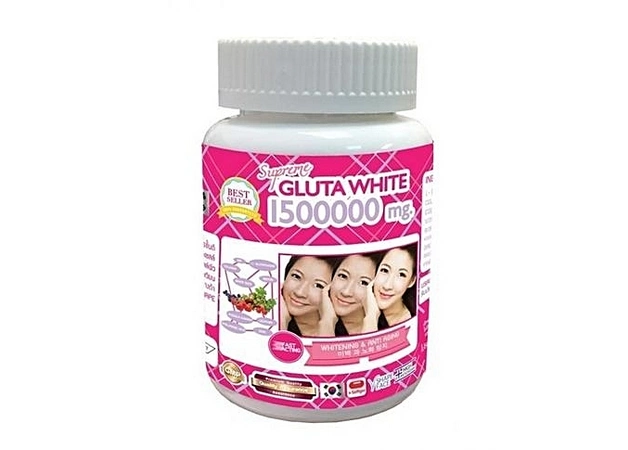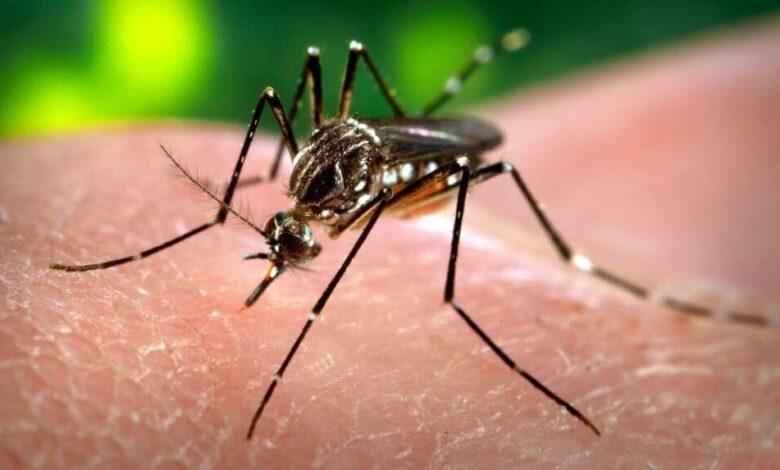
Best Chemical-Free Mosquito Control in Nigeria
Best Chemical-Free Mosquito Control in Nigeria: Mosquitoes are a huge menace in Nigeria. Their irritating buzz and painful bites disrupt our daily lives. Worst of all, mosquitoes transmit dangerous diseases like malaria, dengue, yellow fever, and more. According to the World Health Organization, a child dies from malaria every 2 minutes in Nigeria. This shocking statistic shows the urgent need for effective mosquito control in the country.Information Guide Nigeria
Chemical pesticides have traditionally been used to control mosquitoes. However, these chemicals are toxic and hazardous to human health and the environment. There is a growing movement advocating the use of natural, chemical-free techniques for mosquito management. In this article, we will explore some of the best chemical-free ways to get rid of mosquitoes and prevent mosquito-borne diseases in Nigeria.
👉 Relocate to Canada Today!
Live, Study and Work in Canada. No Payment is Required! Hurry Now click here to Apply >> Immigrate to CanadaFirstly, we need to debunk some common myths about mosquito control. Many people believe mosquito coils, insecticide sprays, and other chemical products are necessary evils against mosquitoes. However, research shows that prolonged exposure to these chemicals could cause cancer, birth defects, and other ill-effects. Chemical bug sprays also kill beneficial insects like bees and butterflies which play a vital role in our ecosystem. Over-dependence on toxic chemicals has also bred populations of resistant mosquitoes, rendering the pesticides ineffective. Clearly, chemical mosquito repellents provide only temporary relief and we need to adopt safer, long-term solutions.Chemical-Free Mosquito Control
Best Chemical-Free Mosquito Control in Nigeria
1. Physical Barriers

Photo Source: Amazon UK
Window and Door Screens Installing window and door screens is an effective way to keep mosquitoes out of homes. Screens form a physical barrier preventing the entry of mosquitoes while allowing ventilation. Stainless steel, aluminum, fiberglass, or nylon screens fitted tightly on windows, doors, and other openings can stop mosquitoes. Make sure to repair any tears or holes in screens which could allow mosquitoes to sneak into the house. Using screens cuts contact between mosquitoes and humans, reducing the transmission of mosquito-borne diseases.
Read Also: 15 Most Watched Nigerian Movies on Netflix
2. Mosquito Nets
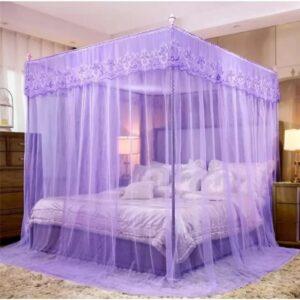
Photo Source: Konga
Sleeping under insecticide-treated bed nets is vital for protection against malaria in Nigeria. Mosquito nets create a protective barrier that keeps mosquitoes from biting people while sleeping. The World Health Organization (WHO) recommends long-lasting insecticidal nets (LLINs) which can retain insecticide for 3 years or longer. The nets should be tucked tightly under mattresses to close any gaps. Mosquito nets are a simple, low-cost solution that has helped reduce malaria deaths in Nigeria when used properly and consistently.
3. Protective Clothing

Photo Source: Reader’s Digest
Wearing full-sleeved shirts and long pants minimizes exposed skin and makes it harder for mosquitoes to bite. Light-colored, loose-fitting clothes are best as mosquitoes are attracted to dark colors and snug clothes emphasize body odors and warmth that draw mosquitoes. Avoid floral prints as well since some floral scents attract these bugs. Impregnating cloths with pyrethroids also enhances protection from mosquito bites and insect-borne diseases.Top 15 AI Apps for Image and Articles
Read Also: Top 15 Boutique Hotels Calabar
4. Mosquito Traps
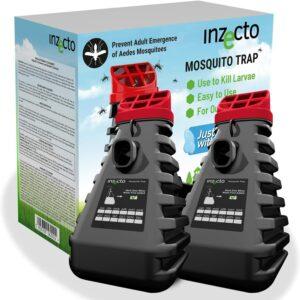
Photo Source: Amazon
There are many DIY and commercial mosquito traps that use heat, light, smell, or other cues to lure mosquitoes. Traps draw in and capture mosquitoes, removing them from the environment so they cannot breed or transmit diseases. The Mosquito Magnet is a propane-powered trap mimicking human scent to attract mosquitoes. Black light traps use ultraviolet light while gravid traps use fetid water to entice egg-laying female mosquitoes. Traps are most effective when placed near breeding grounds and cleared of trapped insects regularly. Using traps can reduce mosquito populations without any chemicals.Top 15 African Countries with Exceptionally Beautiful Women
5. Water Management
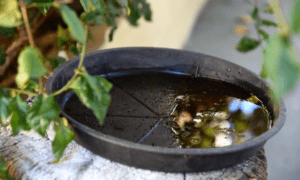
Photo Source: Vector Disease Control International
Mosquitoes breed in standing water so eliminating sources of standing water can disrupt their life cycle. Store or dispose of containers, tires, buckets, or garbage that can hold water and turn into mosquito breeding sites. Clean clogged gutters and drain any puddles that form around the yard after rains. Fill tree holes and changes elevation of land to prevent water logging. Introducing fish into permanent water bodies like ponds eats mosquito larvae and pupae preventing new adults from emerging. With some effort, we can remove favorable mosquito habitats and inhibit their breeding through water management.
👉 Relocate to Canada Today!
Live, Study and Work in Canada. No Payment is Required! Hurry Now click here to Apply >> Immigrate to CanadaRead Also: Top 15 Affordable Hair Attachments in Nigeria
6. Natural Predators
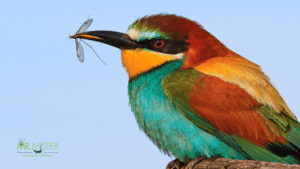
Photo Source: Mr. Mister Mosquito Control
Encouraging natural predators of mosquitoes like birds, bats, dragonflies is an ecological method of mosquito control. Mosquitoes form a part of the diet of many insectivorous birds. Purple martins, swallows, and swifts are especially voracious consumers of flying insects. Bats also feast on mosquitoes reducing their numbers considerably. Dragonflies, praying mantises, spiders, and predatory fish all consume mosquitoes at different life stages. Creating an ecosystem with diverse predatory species curtails mosquito populations naturally without any chemicals. Include plants that attract mosquito predators in your garden to augment this biological mosquito control.Dollar to Naira
7. Repellent Plants

Photo Source: Moyer
Certain plants have natural oils, scents, or secretions that repel mosquitoes serving as living insect repellents. Citronella grass, catnip, basil, neem, lavender, peppermint, lemon balm and more have oils that drive away mosquitoes. Crushing or rubbing leaves of these mosquito repellent plants releases aromas that overwhelm mosquito senses and deter them from biting. Border your home or outdoor living spaces with these plants to create a barrier of repellent smells. Having pots with repellent plants or branches around areas where you relax can also prevent mosquito attacks.
Read Also: 15 Best Individualized Treatment
8. Essential Oils

Photo Source: Woodstream Brands
Extracts and oils derived from plants like citronella, eucalyptus, catnip, peppermint, lemongrass, lavender, etc. have long been used as insect repellents. Oil formulations or candles infused with these natural oils dispel mosquitoes without harsh chemicals. For topical application, mix a few drops of the essential oil with a carrier oil like coconut or basil oil and rub onto exposed skin. Burning this oil in candles or torches also creates a repellent aura outdoors. Some oils like thyme oil are effective mosquito killers rather than just repelling them. Essential oils are economical, eco-friendly and one of the safest ways to thwart mosquitoes.JAMB Result
9. Garlic

Photo Source: Nurtured Homes
The pungent odor of garlic repels mosquitoes making it a time-tested mosquito repellent. Consume garlic through foods to exude the scent from your pores and keep mosquitoes away. Crushing raw garlic and rubbing it onto your skin also provides some short-term relief. Place cut garlic cloves around areas in the garden or patio where mosquitoes are a nuisance. The sulfur compounds in garlic overwhelm the mosquito’s senses driving them away from the vicinity without any added chemicals. However, garlic can also deter beneficial insects so should be combined with other mosquito control methods.NYSC Portal
Read Also: 15 Best Malaria Tablets In Nigeria
10. Vitamin B1

Studies show that ingesting vitamin B1 supplements can help reduce mosquito bites up to 50%. Vitamin B1, also known as thiamine, is excreted through the skin and alters body odor making us less appealing to mosquitoes. Non-toxic doses of vitamin B1 make human scent unpleasant for mosquitoes but unnoticeable to us. Consuming 100 mg of oral vitamin B1 daily can provide protection from mosquito bites without applying lotions or lighting coils. Vitamin B1 is a safe, low-cost method that reduces mosquito attraction from within the body.Good Morning my love Messages
11. Fans
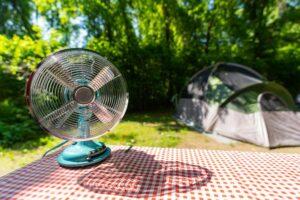
Photo Source: Life After Bugs
Mosquitoes are poor flyers so cannot navigate through strong air currents. Cooling electric fans generate wind speeds that blow mosquitoes away and prevent them from landing. Fans also dissipate the plumes of carbon dioxide we exhale which attract mosquitoes. Position portable fans near places you are likely to encounter mosquitoes like patios or corners of bedrooms. Pedestal fans, ceiling fans, and other types can all generate air flows that discourage mosquitoes indoors or outdoors. Remember to keep doors and windows closed so the mosquitoes do not come in again once the fan is switched off.
Read Also: 5 ways to prevent malaria this year
Conclusion
The indiscriminate use of chemical pesticides for mosquito control has backfired badly in Nigeria. It is not only harming human health but also spurring the evolution of resistant mosquitoes. We clearly need to shift our strategy and adopt natural, non-toxic solutions that safely and effectively curb mosquito menace.
As described in this article, there are many promising chemical-free options to control mosquitoes – from physical barriers, and biological control, to botanical repellents. By combining several of these common-sense methods, we can free our homes, schools, offices, and public spaces from mosquito infestation without using a single drop of toxic chemicals. This will protect our health, environment, and beneficial species and finally gain the upper hand against life-threatening mosquito-borne diseases.Romantic Love Messages for her
Of course, completely eliminating mosquitoes is unrealistic. However, deploying chemical-free control options lets us co-exist with minimal conflict. With community participation, improved sanitation, and integrated mosquito management we can aspire for cleaner, greener, and mosquito-free living across Nigeria. The time to ditch dangerous pesticides and adopt sensible, sustainable mosquito control is now.JAMB Portal
Check and Confirm: How much is Dollar to Naira




